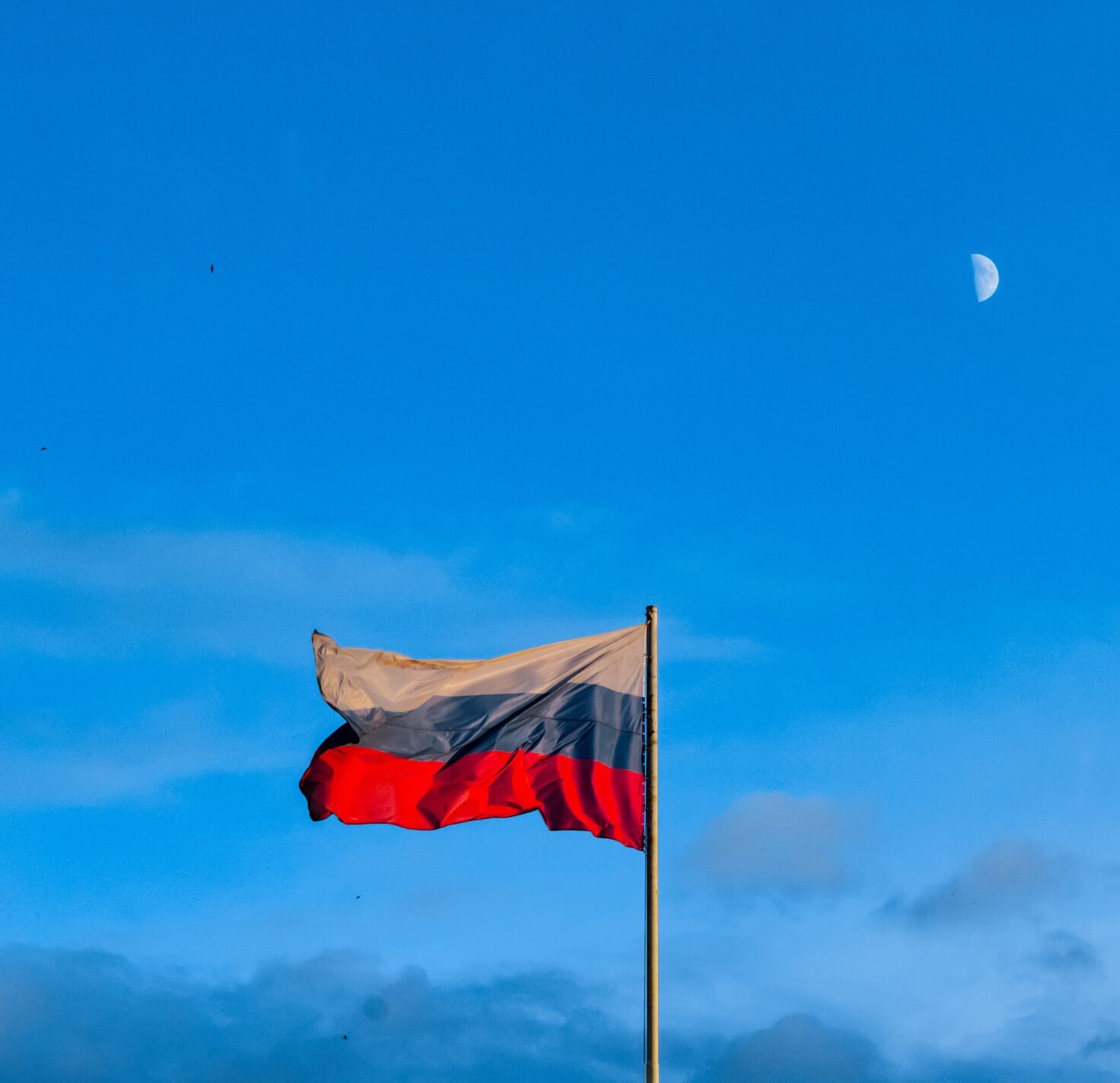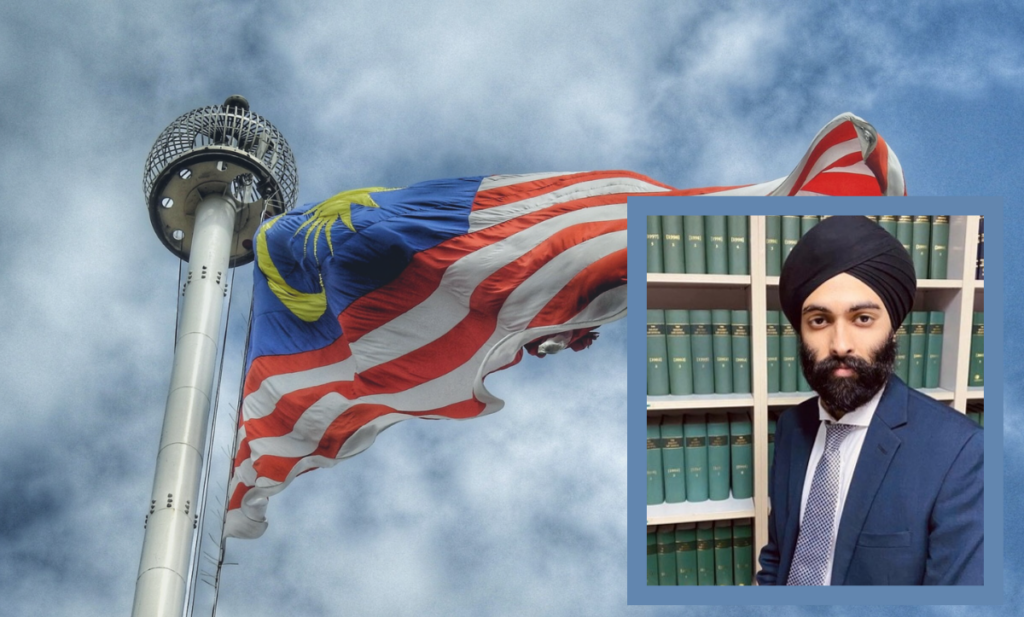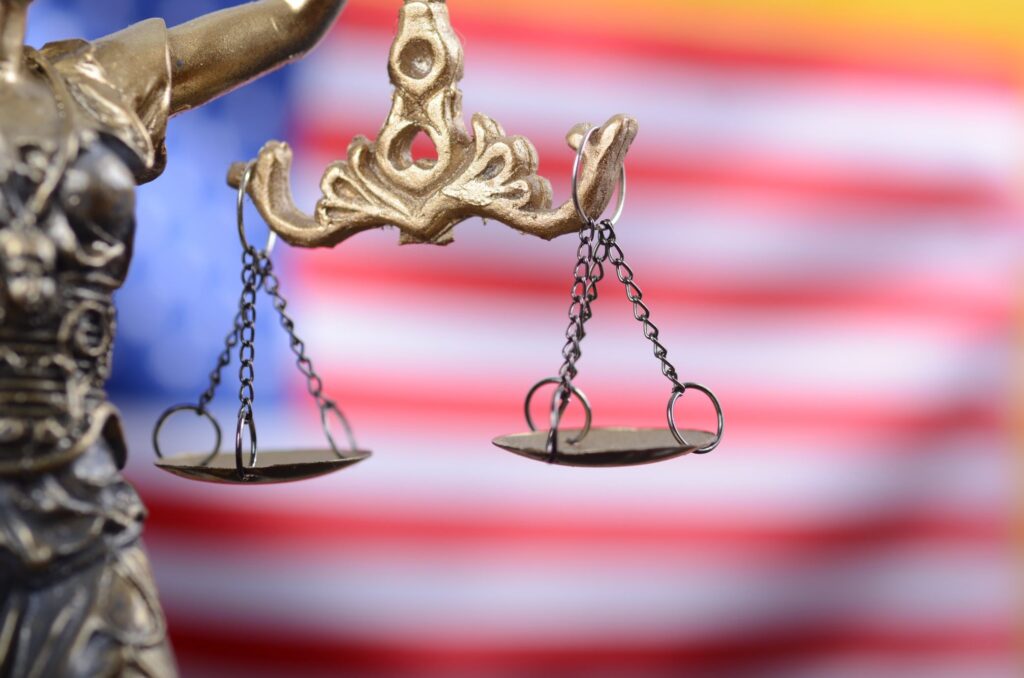Lawyers for Lawyers is deeply concerned about the arbitrary arrest, detention and designation as extremists and terrorists of Vadim Kobzev, Igor Sergunin, and Alexey Liptser, defence lawyers of Russian opposition leader Aleksei Navalny. [1]
The Federal Financial Monitoring Service of the Russian Federation, Rosfinmonitoring, has designated lawyers Vadim Kobzev, Igor Sergunin, and Alexei Liptser, who represented Alexei Navalny, as terrorists and extremists. As per the law, individuals on this list lose access to banking services, including the ability to open and operate accounts. Foremost, being listed implies that legal proceedings have been launched against them under the “extremist” and “terrorist” provisions of the Russian Criminal Code.
On October 13, 2023, Russia’s police and Investigative Committee conducted searches at the homes and offices of Vadim Kobzev, Alexey Liptser, and Igor Sergunin. Later that day, the three defence lawyers were arrested and detained at Basmanny District Court in Moscow, facing charges of “participation in an extremist organization.” Pursuant to Article 282.1(2) of the Russian Criminal Code, the lawyers could face up to six years imprisonment. Vadim Kobzev was arrested in the small city of Kovrov where Navalny is serving a 19-year sentence. While Kobzev, Liptser, and Sergunin remain in custody, Navalny’s two other defence lawyers, Alexander Fedulov and Olga Mikhailova, have fled the country. Authorities searched their offices as well.
The charges against Kobzev, Liptser, and Sergunin are reportedly based on accusations that the lawyers facilitated Aleksei Navalny’s communication with the outside world while in detention or the “regular transfer of information between the leaders and participants of an extremist organization.” According to Ivan Zhdanov, the head of Navalny’s Anti-Corruption Foundation, the prosecution listed a number of online videos published on platforms liked to Navalny as evidence. These videos pertain to confidential case documents but are said to relate to Russia’s aggression against Ukraine. If convicted, Vadim Kobzev, Igor Sergunin, and Aleksei Liptser could potentially receive a maximum sentence of six years in prison.
The detention of the three lawyers, along with the flight of two others, comes at a delicate time as Navalny is being transferred to a ‘special regime’ detention facility, where he is likely to face ill-treatment. The arrest and detention of three of Navalny’s lawyers not only significantly obstruct Navalny’s ability to defend himself with the assistance of qualified, independent legal counsel of his choosing and to challenge the criminal convictions and sentence, but also obstruct Navalny’s last means of communicating with the outside world.
The number of political prisoners in the Russian Federation has been steadily increasing since 2014. In ever more cases, charges under terrorist legislation are being brought, while such investigations have little basis in fact and have long since been conducted in a systematic manner. According to the Parliamentary Assembly of the Council of Europe, this development is in part the result of the introduction and increasing use of repressive laws, including the “extremism” law since 2002. This law allows for criminal prosecution of political opponents, journalists, human rights defenders, civil society activists, non-governmental organizations, mass media outlets, and associated organizations or individuals, even retroactively. [2] The main targets of the anti-extremist law are organizations (whether registered or not) and mass media. These repressive laws have been criticized by different Council of Europe bodies. [3] Yet, these trends have seen further development in 2023. The systematic use of these laws in the arbitrary prosecution of lawyers is particularly concerning in light of the acquittal rates of criminal prosecutions in the Russian Federation, which stands below one percent, and the perceived lack of protection and support from Russia’s Federal Chamber of Lawyers.
Where improper interference or reprisals become widespread and systematic, a chilling climate emerges in which lawyers may refuse to represent clients connected to politically sensitive or controversial issues out of fear of becoming the target of harassment or acts of retaliation. The cases of Kobzev, Liptser, and Sergunin highlight the critical importance of upholding the principles outlined in the United Nations Basic Principles on the Role of Lawyers. These principles are vital in ensuring that lawyers can fulfil their professional duties and express their views without the looming threat of reprisals. In this context, three of these principles hold specific significance.
- Principle 16 of the UN Basic Principles on the Role of Lawyers states that ‘Governments shall ensure that lawyers (a) are able to perform all of their professional functions without intimidation, hindrance, harassment, or improper interference; and (c) shall not suffer, or be threatened with, prosecution or administrative, economic or other sanctions for any action taken in accordance with recognized professional duties, standards, and ethic.’
- Principle 18 stipulates that ‘Lawyers shall not be identified with their clients or their clients’ causes as a result of discharging their functions.’
- Principle 23 of the UN Basic Principles on the Role of Lawyers states that ‘Lawyers, like other citizens, are entitled to freedom of expression, belief, association, and assembly.
In view of the above, Lawyers for Lawyers respectfully urges the authorities of the Russian Federation to:
- guarantee that all lawyers in the Russian Federation can carry out their legitimate professional activities without intimidation, harassment, improper interference, or reprisals;
- repeal repressive legislation, including the Law on Combating Extremist Activity;
- immediately and unconditionally release all lawyers and human rights defenders arbitrarily detained under the Anti-Extremist Legislation or Criminal Code Article 282.1(2); and
- take immediate measures to ensure full compliance with the rule of law and international human rights standards, including the United Nations Basic Principles on the Role of Lawyers.
——————————————
[1] Aleksei Navalny, Russia’s most prominent opposition figure and President Vladimir Putin’s fiercest critic, is known for his anti-corruption activism and organization of major anti-Kremlin protests. Following his return to Moscow from Germany in 2021, where he recovered from nerve agent poisoning that he attributed to the Kremlin Navalny he has been subjected to three prison terms. His most recent conviction was on the charges of extremism, and he spent months in isolation over various minor infractions prison officials accused him of.
[2] According to the definition in the 2002 Law, any – even merely technical – assistance to extremist activity is also qualified as extremism. Therefore, the finding of extremism with respect to a certain group or even a certain type of conduct may lead to similar findings against an indefinite number of organizations or mass media involved in any way with those found to be extremists.
[3] Including the European Commission of Democracy through Law (Venice Commission).




